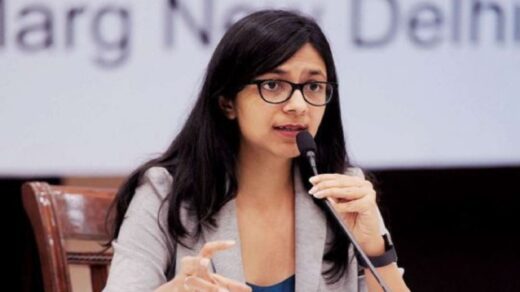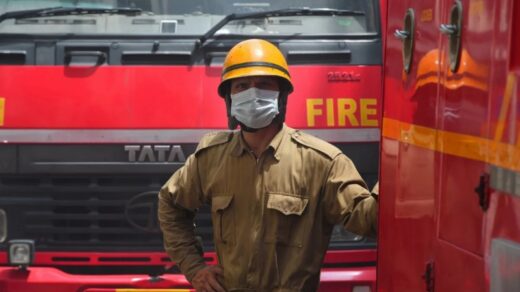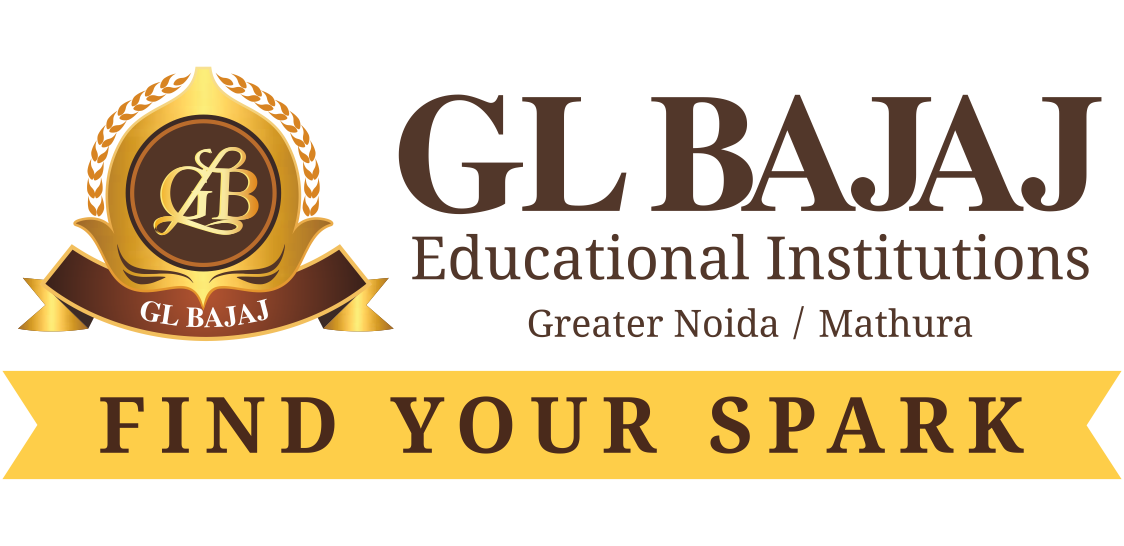New Delhi: The medical fraternity continues to be at loggerheads with the government over the contentious National Medical Commission (NMC) Bill 2017 which seeks to replace the Medical Council of India (MCI), even after the Cabinet last week approved the Bill.
Pointing out loopholes in the amended Bill approved by the cabinet, the IMA has reached out to the Union Health Ministry. The apex medical body has said that if their demands are not met they will again call a nationwide indefinite strike. Earlier this year, a few provisions of the NMC Bill attracted the wrath of the medical fraternity to an extent that the apex medical body Indian Medical Association (IMA) had called a nationwide strike of doctors.
The union cabinet last week approved the Bill after considering a parliamentary committee report in tune with the demands of IMA. The cabinet removed the provision of a bridge course for AYUSH practitioners to practice modern medicine. “Though the bridge course has been deemed to be not mandatory, there are reasons to believe that the government is enabling a back door entry through the states,” said Ravi S. Wankhedkar, national president, IMA.
“The bridge course not being made mandatory but vesting the authority for the same in the name of need based capacity building for augmentation of rural healthcare is another way of validating ‘mixo-pathy’ and resultant quackery. In the teeth of the same, the amendment to provide for dealing practicing of profession by people without requisite qualification turns out to be illusory in character,” he said.
Considering the demand by medical students not to subject them to an additional licentiate exam for the purpose of getting a licence to practice, the cabinet also approved a provision that the final MBBS examination would be held as a common exam throughout the country and would serve as an exit test to be called the National Exit Test (NEXT). IMA has sought more clarity on this provision.
“How it will be integrated into final year exams has to be made clear. The licentiate examination proposed in the Bill replaced by the final MBBS examination to be conducted on a national basis by the designated authority by the government of India, is vague and is devoid of desired details in respect of its actualization,” said R.N. Tandon, secretary general, IMA.
IMA has called the composition of NMC as “undemocratic” to the extent that 80% of the 25 members therein would be selected and nominated, alleging that it would not have a National, Democratic and Representative Character.
The maximum limit of 40% seats for which fee would be regulated in private medical institutions and deemed universities has been increased to 50% seats by the union cabinet.
The IMA has argued that in many of the states the fee of around 85% of the medical seats is fixed by state governments. “NMC will increase the quota of the private colleges from 15% to 50%. It is a dichotomy that on one hand the government speaks of doctors for rural areas and on the other hand the same government provides increased quota for the urban rich,” said Wankhedkar.
“NMC Bill will push the medical education completely away from the reach of deserving common people. It is the lower socio economic class which will be the loser. This anti-poor pro-rich slant of NMC should be corrected,” he said.












